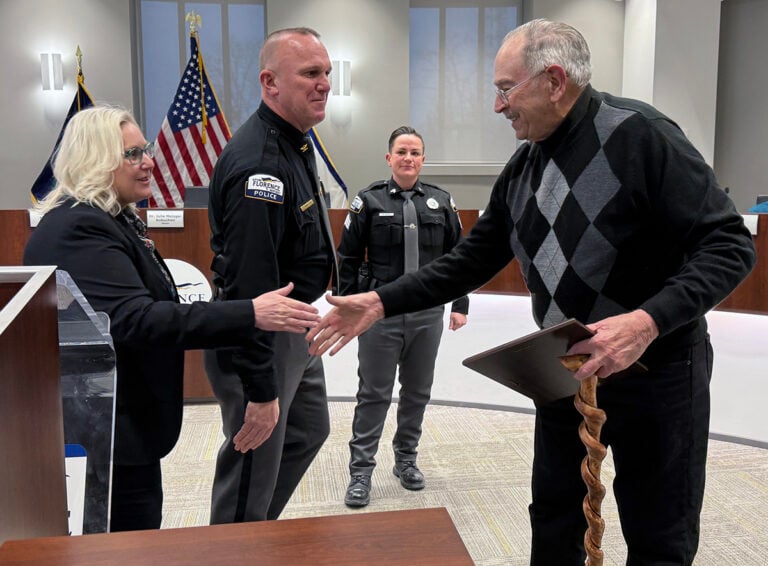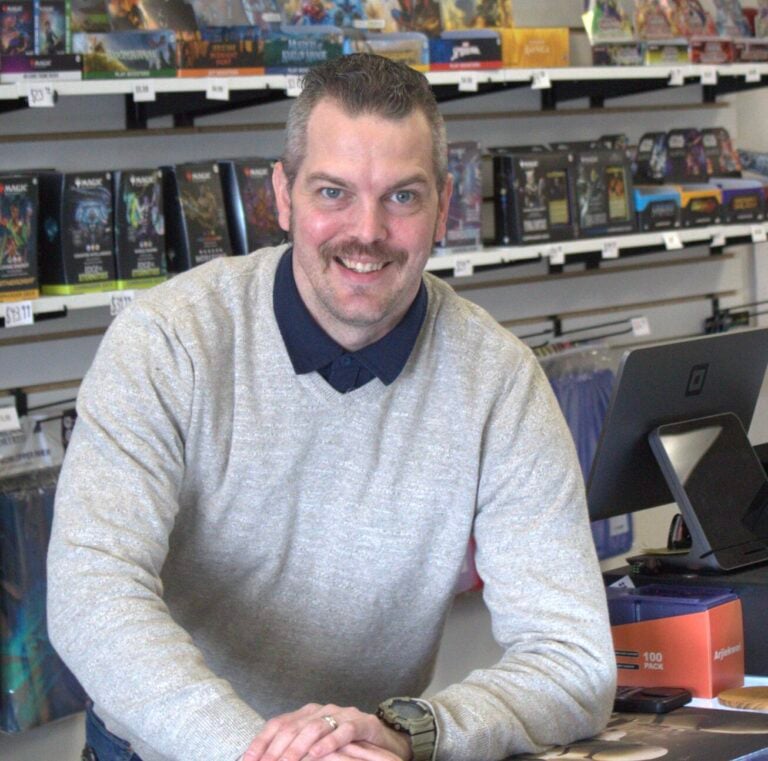I used to think of Labor Day as the last opportunity to hit the reset button on New Year’s resolutions. Why not? There is still enough time for a last-ditch effort to lose those 10 pounds, or read Brothers Karamazov by New Year’s Eve.
By now, you think I’d be more of a realist but, true to form, this past weekend I revisited my annual to-do list. Inspired by Marie Kondo’s best seller, The Life-Changing Magic of Tidying Up, I renewed my vow to get organized.
Following the process explained in the book, I emptied every closet of my clothes and dumped them all in one place. As a result, I am in my bedroom, ankle deep in a gaggle of garments I am supposed to sort through, one by one. According to Ms. Kondo, a renowned clutter consultant, I must determine if an item makes me happy, if it ignites a spark of joy.
“If it does,” she writes, “keep it. If not, dispose of it.”
Ms. Kondo recommends completing the task in silence, so I turn off the radio and commence. Shuffling through the hodge-podge is surprisingly easy; the discards soon surpass the must-keeps. As I sift through the mélange of fabrics, colors and textures, I am aware of the lingering scent of my perfume.
How on earth did I accumulate so much stuff, and why do I keep adding to it when it is clear so little of it brings me joy or satisfaction?
The image of a 3-year-old boy from Syria, washed up on the shores of Turkey, drifts into my mind. He, his mother and older brother — casualties of the civil war in Lebanon — drowned when the boat that was supposed to bring them closer to freedom capsized.
Little Aylan Kurdi ended up face down at the water’s edge. Attired in blue shorts and a red shirt, he has dark hair. His eyes are closed and his arms rest against his sides, palms up, as if in surrender. On his feet are sneakers, maybe his first pair ever.
Perhaps because of the vibrant colors, not yet faded by sun and sea, there seems to be life in his lifeless body. Can’t you see him bouncing his way down the street of his old neighborhood in Kobani, delighted with his new sneakers? He runs to catch up with his big brother, Galip, and his mother or father calls to both of them, “Slow down.”
Marie Kondo, the diva of detritus, admits that some items are difficult to part with. “If you’re having a hard time getting rid of something, thank the item for the role it has already played in your life and then let it go and move on,” she says.
Is this how we deal with 3-year-old Aylan and the countless others fleeing violence and repression in their homelands to seek refuge in western Europe and beyond? Evidence of their suffering is posted on Facebook, Twitter, throughout social media and on the news. The images are there long enough to give us pause to write meaningless platitudes before moving on.
Today, more than 19 million people are on the move because of war, persecution and oppression. About 42,500 more join them each day. Countries all over the world, particularly in the Middle East and Africa, are cleaning their closets and discarding people they don’t want or need, while other governments struggle to define who is a refugee, who is an immigrant, and who has the right to be admitted legally into a new country, without proper paperwork and no resources.
Reflecting on the human suffering, emergencies director of Human Rights Watch, Peter Bouckaert, said, “I think we should be offended that children are washing up dead on our beaches because of the failure of our politicians to provide safe passage.”
While I agree with Mr. Bouckaert, I believe that the blame is not confined to our politicians. Here in the USA, where many of us are fortunate enough to celebrate Labor Day by taking a break from work, we use the time off to wallow in excess. We take advice from experts about things like hosting backyard barbecues, shopping the holiday sales and declaring war on clutter.
Is this how we honor Aylan, just letting him go and moving on? But his image lingers: Limp, lifeless, forsaken by all, an exuberant little boy, barely out of the toddler stage. While there are no footprints in the sand to mark his journey, the memory of those little sneakers should haunt us all.
Constance Alexander is a faculty scholar in the Teacher Quality Institute at Murray State University. She is also a freelance writer.


















